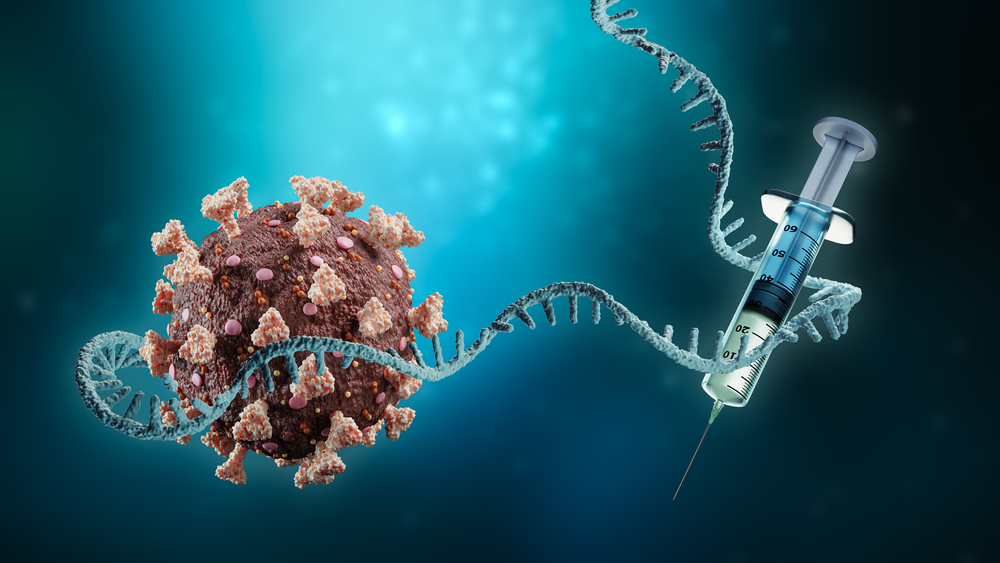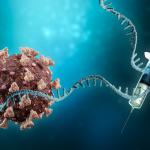T-cell and antibody immunity after COVID-19 vaccination in healthy and immunocompromised
An exploratory study reported on May 23, 2021, in MedRxiv described changes in T-cell and antibody immunity after mRNA vaccination for COVID-19.
Study results are not peer-reviewed and can be accessed here.
The study showed that two weeks after complete vaccination with the Pfizer or Moderna COVID-19 vaccines, antibodies were detected in all 20 healthy immunocompetent subjects that were evaluated.
- Two types of antibodies were detected in all 20 subjects, one to the receptor-binding domain of the spike protein, and the second to the entire spike protein. The receptor-binding domain is located in the novel or less ‘conserved’ S1 part of the spike protein and is thus more specific for the COVID-19 coronavirus.
- After the second vaccine dose, T-cytotoxic (CD8) cells that could respond to the S1 part of the spike protein also increased in blood samples from these healthy subjects.
These T-cells were measured using techniques reported recently in a BioRxiv.
- After the second dose, vaccination did not enhance pre-existing T-cell responses to the ‘conserved’ part of the spike antigen called S2, which is common to other coronaviruses.
This study also tested seven immunocompromised subjects who included recipients of solid organ or bone marrow transplants, those with autoimmune disease, and hematologic malignancies.
- Antibodies to the receptor-binding domain of S1 were absent in four of the seven immunocompromised subjects. Two of these individuals were found to have CD8 T-cells, which could respond to the S1 part of the spike protein.
- Among these 7 immunocompromised individuals, three other subjects were found to have T-cell reactive to the conserved S2 part of the spike protein, which was suggestive of pre-existing T-cell immunity. The remaining two immunocompromised individuals made antibodies to the spike protein but did not have T-cells that were reactive to S1, S2, or the complete spike antigens.
These limited data suggest that after vaccination with mRNA vaccines,
- T-cell immunity to the COVID-19 coronavirus virus can develop along with antibodies in healthy immunocompetent individuals.
- T-cell immunity can also develop in the absence of antibodies in some immunocompromised individuals.
- Larger studies are needed to confirm these findings.
About Plexision’s PlexCOVID-19 blood test to measure T-cell immunity to SARS-CoV-2:
- is a lab-developed blood test that measures T-cell-mediated immunity to the SARS-CoV-2 spike protein. This test was used to measure T-cell immunity to the spike protein in the abovementioned study
- The test is performed at Plexision’s reference laboratory, which is CLIA-approved and cGMP-compliant.
- Some caregivers have used this test to measure T-cell immunity to COVID-19 infection in patients who have not made antibodies after COVID-19 vaccination.


